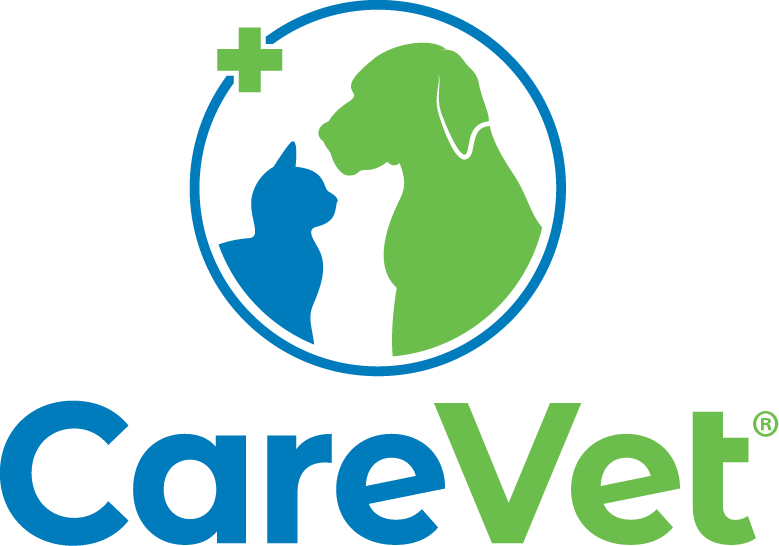Do you remember the excitement and passion you felt when you first embarked on your veterinary career? The sense of purpose, the love for animals, and the thrill of making a difference in their lives? Unfortunately, over time, many Veterinarians find themselves falling out of love with their profession, struggling with feelings of being stuck, burnout, and a lack of support. In this blog post, we’re exploring the reasons behind this common feeling and sharing valuable insights from several Veterinarians in the CareVet network.
Seek Mentorship & Career Diversification
It’s natural to reach plateaus in your career where you begin to feel stuck and lose some of the enthusiasm you enjoyed during your first few years out of Veterinary school. There are many factors that can contribute to this, and one that we are very aware of is that the demanding nature of being a Veterinarian can take a toll on your mental health, leading to burnout and emotional exhaustion. This can be compounded if you are in an environment lacking support or without a mentor, which can make the journey even more challenging. If you feel this is your dilemma, it might be time to start growing again! Continuously expanding your skill set and seeking career growth opportunities can reignite your professional satisfaction. Likewise, finding a mentor, whether it’s in your practice or externally, joining a clinical interest community or any other way you can achieve new skill development will help you reignite your passion over time!
Clinical Autonomy
If you’re being told how to practice medicine or are forced to adhere to rigid guidelines on how to practice, this can begin to feel very limiting. If you are in this situation, you might need to have a discussion with your supervisor to see if there is an opportunity for you to embrace more clinical autonomy. This will empower you, and it will reduce the pressure to fit a certain mold. Approaching this conversation with your employer can be challenging, but ultimately, this is a great way for you to grow and enhance your practice. If they value your work and individuality, they will likely be willing to work with you on different aspects of your clinical work.
Positive Team Culture
If your work environment lacks support from colleagues or synergy amongst the team, this can result in feeling alone or even comfortable at work. Even if you have to be the leader of this effort, try to take steps to foster a positive team culture and ensure alignment with your colleagues. A supportive team can make a significant difference in your day-to-day and overall career satisfaction. It can be difficult and vulnerable to know where or how to get started with this, but being transparent with the team on your goals and asking for their feedback is a critical part of this journey.
And remember, you are in control of your situation!
Your career is what you make of it, and you have the power to steer it in the direction you desire. It’s always best to be open with your supervisor before you reach the point of complete burnout and ask for help. We understand this is hard to do, so if you’ve passed the point of return, there are other options you can pursue in the short term to help you reset. These include relief work, philanthropy work or any other opportunity that can help you find happiness in your career and remind you why you chose to enter the Veterinary field in the first place!
Your veterinary career doesn’t have to be a source of burnout and frustration. By understanding the reasons behind the loss of passion and implementing these strategies for reigniting your love for your profession, you can transform your journey into one of fulfillment, growth, and purpose. Embrace the power to shape your career and make it a source of happiness and satisfaction once again.
If you are interested in hearing how CareVet strives to support DVMs with mentorship and clinical skill development or how we support clinical autonomy and positive team culture, reach out to us today! You can also view our Webinar Recording of our live panel discussion on this topic by clicking here!
